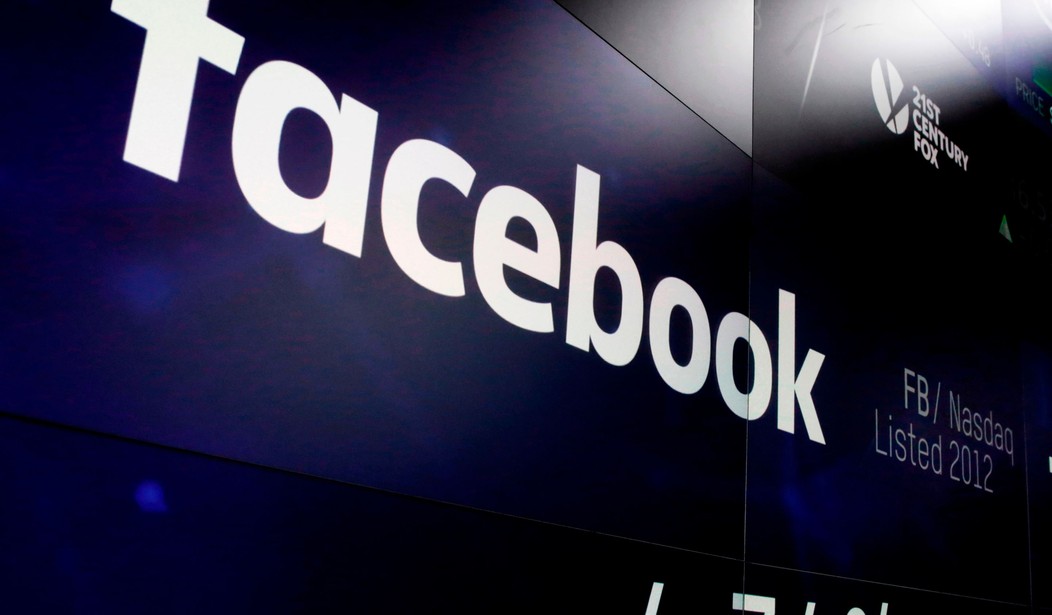Facebook is taking extra precautions to keep misinformation about the midterm elections from spreading across the social media website. The company plans to fact-check information and ban any false information, Reuters reported.
One of the main areas of concern is polling information. One hoax has been to tell people they can vote via text message, which is false.
While the company wants to discourage the spreading of misinformation they don't want to penalize users who unknowingly share false info.
"We don’t believe we should remove things from Facebook that are shared by authentic people if they don’t violate those community standards, even if they are false,” said Tessa Lyons, product manager for Facebook’s News Feed feature that shows users what friends are sharing.
If a fact-checker discovers that a post is false, it will be flagged. One of the website's many algorithms will then keep the post from being seen by a number of the person's friends, instead of outright deleting the post.
Critics say this new policy allows Facebook users to manipulate people, and potentially the election's outcomes, something Trump's national security team warned about back in August. They suspect Russia and other foreign countries of utilizing this Facebook change to alter the election's results.
The decision comes months after Facebook executives talked about banning all political ads. They to keep ads in place because otherwise incumbents and the rich would naturally benefit, as opposed to candidates who can't afford television and print ads, Reuters reported.
Recommended
The social media company instituted a policy to verify an ad manager's identity. The administration running the ads had to submit a government-issued ID, along with a mailing address that matched the ID. They then sent a code via snail mail. Once the person received the code they then had to input it into their ad account. This made sure that the person resides at the address they say they're at and that they are, indeed, in America.
Utilizing fact-checkers can be a downfall, however. Because fact-checkers have to verify many, many articles, they can be overwhelmed. This may result in only the most viral hoaxes being discovered.

























Join the conversation as a VIP Member